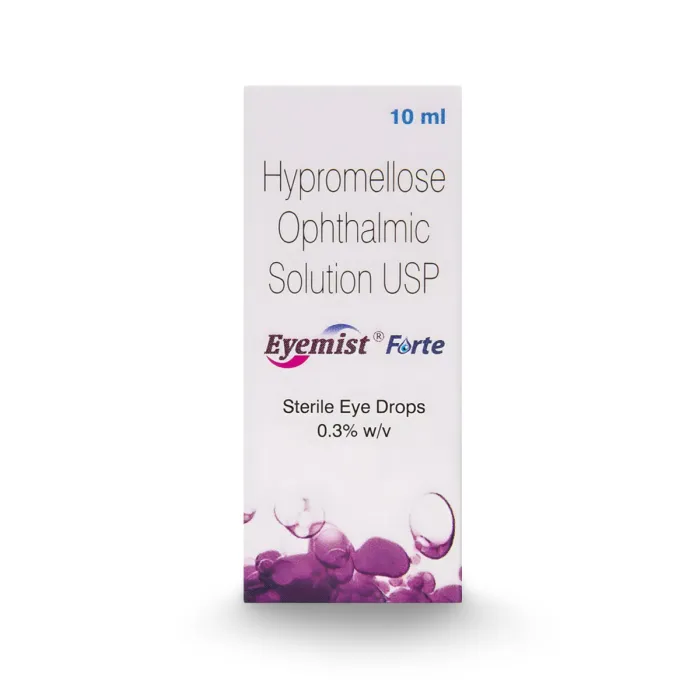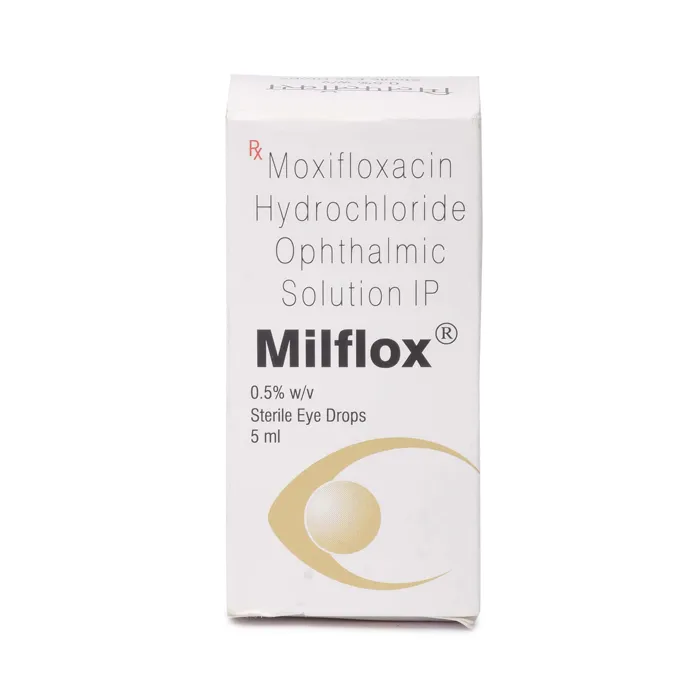Allergies are one of the most common problems that people may experience in their daily lives.
Individuals may often experience a swollen eye from allergies as a common symptom causing discomfort.
Some of the other common symptoms of allergies include runny nose, watery eyes, and sneezing.
In some cases, individuals may experience swollen eyes due to allergic pink eyes (allergic Conjunctivitis).
This article will discuss the connection between swollen eyes and allergies, identifying allergy triggers, and ways to soothe the condition.
Connection Between Allergies and Swollen Eyes
Most people experience swollen eyes due to allergies, which in some cases may also turn out to be allergic pink eyes.
The allergies in the eyes often affect the conjunctiva, which is the clear white part of the eyes.
The conjunctiva usually swells when it comes in contact with any type of allergens like pollen, dust, or other foreign bodies.
According to research, allergic reactions in the eyes are often accompanied by rhinitis or runny nose.
Ocular symptoms like swollen eyes are present in 40-60% of allergic disorder cases.
Individuals experiencing rhinitis during allergies may experience runny nose and watery eyes simultaneously.
Another study states allergies may also cause itchy and red eyes, resulting in swollen eyelids.
Save up to 90% on your medicine bills

Eyemist Forte 10 ml

Milflox 0.5% 5 ml

Restasis 0.05% Ophthalmic Emulsion

Pred Forte 10 ml
Identifying Allergy Triggers
Allergic reactions in the eyes usually happen when the immune system of the body considers harmless foreign particles as a threat.
A study states that when a person comes in contact with allergens, the body releases a chemical named histamine.
This chemical triggers an allergic response in the eyes, resulting in swelling of the eyes.
Some of the common allergens that trigger allergic reactions in the eyes include:
- Animal or pet sheddings
- Mites
- Feathers
- Pollen
- Dust
In order to learn more about the effects of allergens on one’s eyes, read our article on Red Eyes from Allergies.
How to Reduce Eye Swelling from Allergies
 Source: megaflopp_from_Getty_Images
Source: megaflopp_from_Getty_ImagesThere are several treatments and reliefs available for an eye swollen from allergies.
One of the most effective ways to reduce the swollen under eye from allergies is avoiding the allergens and using cold compresses.
A person can keep their windows closed to avoid pollen or dust from entering the room or use air purifiers.
Regularly washing one’s eyes can also be beneficial in preventing any allergens from remaining in the eyes.
Rinsing one’s eyes with water can remove allergens and provide soothing effects.
Research shows that Antihistamine agents are quite effective in treating the symptoms of allergic Conjunctivitis, like swelling.
Using decongestant eye drops and artificial tear drops can also help in soothing symptoms like swelling and redness.
Conclusion
It is quite common to experience swollen eye from allergies, which are also known as allergic pink eyes.
People with allergic pink eyes may often experience symptoms like swollen eyes, red, itching eyes, and discomfort.
It is often triggered due to allergens like dust, pet shedding, feathers, pollen, and mold spores.
Doctors often suggest using air purifiers, using cold compresses, and rinsing one’s eyes regularly.
In severe cases, individuals can also opt for Antihistamines, decongestant eye drops, and artificial tears.
However, it is always best to consult a doctor to receive the most effective treatment.

Frequently Asked Questions
Can allergies cause only one eye to swell?
Yes, allergies can cause only one eye to swell. When the allergens come in contact with only one eye of a person, the allergic reaction in that eye can result in swollen, red itchy eyes, and cause serious discomfort.
See our Recommendations
How long does allergy eye swelling last?
The duration of eye swollen allergies depends on every individual and the allergens affecting them. In most cases, swollen eye allergies may be present for a few hours as long as the allergen is present in the surroundings. However, it may last for weeks for some people if not treated.
See our Recommendations
Can eye allergies cause permanent damage to the eyes if left untreated?
No, eye allergies do not cause permanent damage to the eye if left untreated. However, they may lead to chronic inflammation and discomfort. In some cases, a person might also experience eye infections.
See our Recommendations
How can I reduce eye swelling from allergies at home?
There are several home remedies for swollen eyes from allergies. People can use cold compresses, rinse their eyes with saline water, use air purifiers, keep their windows closed, and maintain proper eye hygiene to reduce their symptoms due to eye allergies.
See our Recommendations
Which allergens are more likely to cause swollen eyes?
The common allergens that are more likely to cause swollen eyes include pollen, pet dander, dust, and mold spores. These allergens can cause allergic Conjunctivitis, leading to eye swelling, redness, and discomfort in individuals.
See our Recommendations
Cheap Medicine Shop only refers to credible, authoritative sources for our content. If you’re curious about how we ensure the integrity of our content, we encourage you to read our Content Information Policy.














